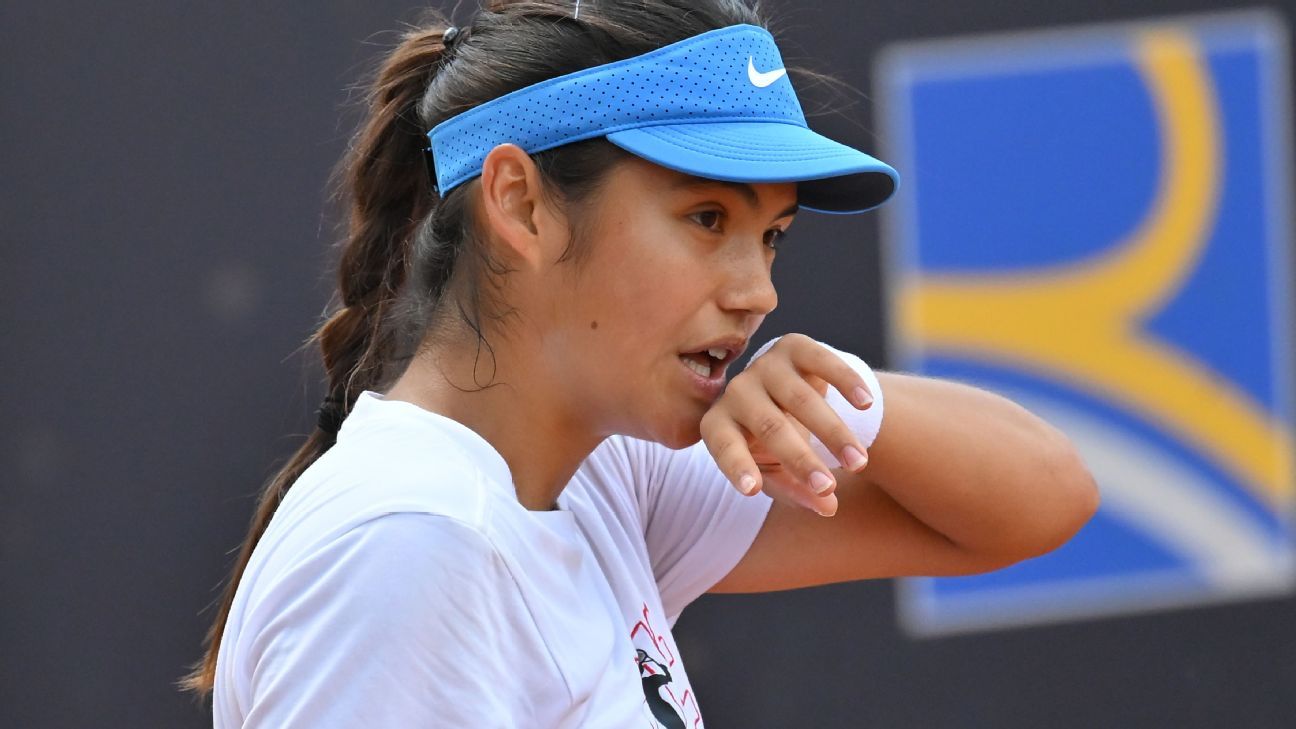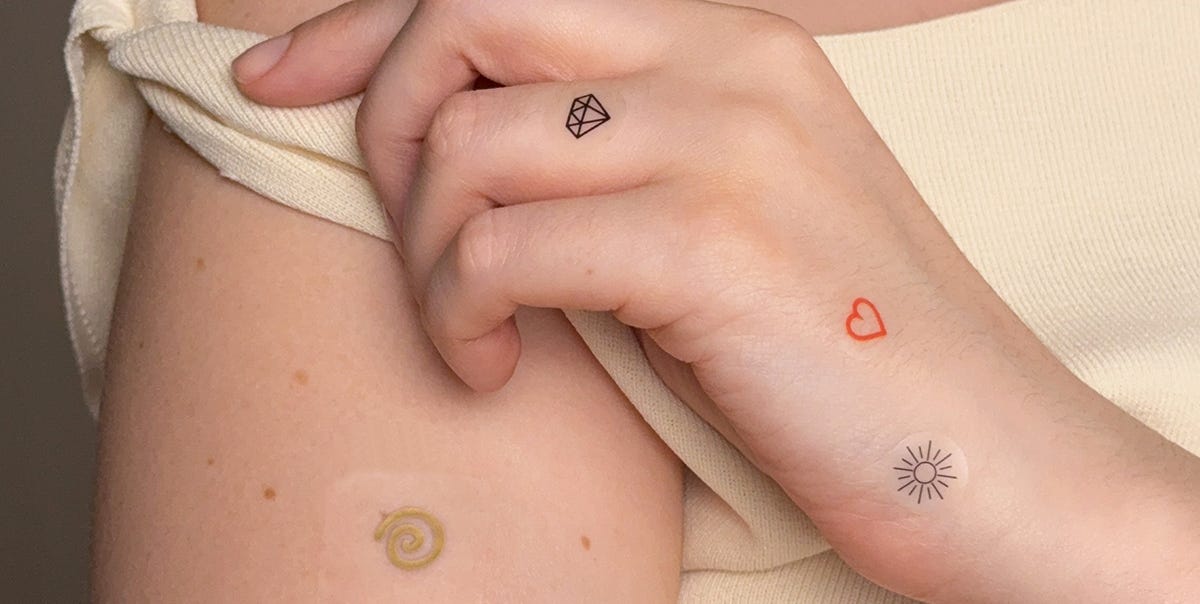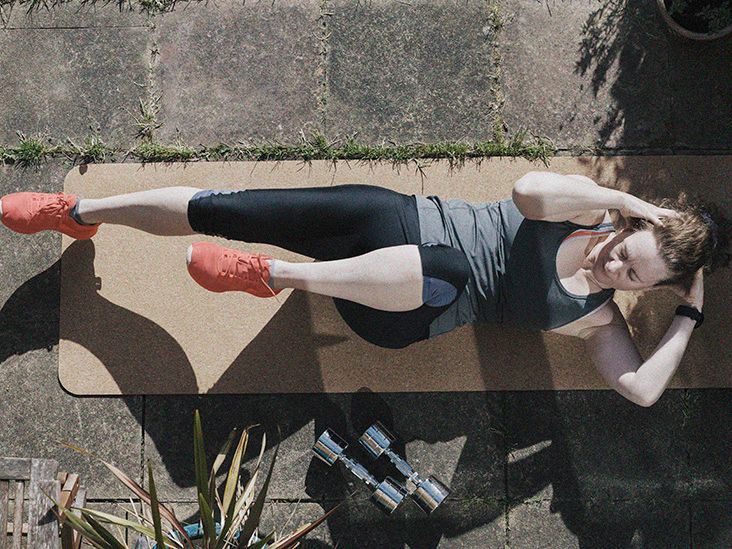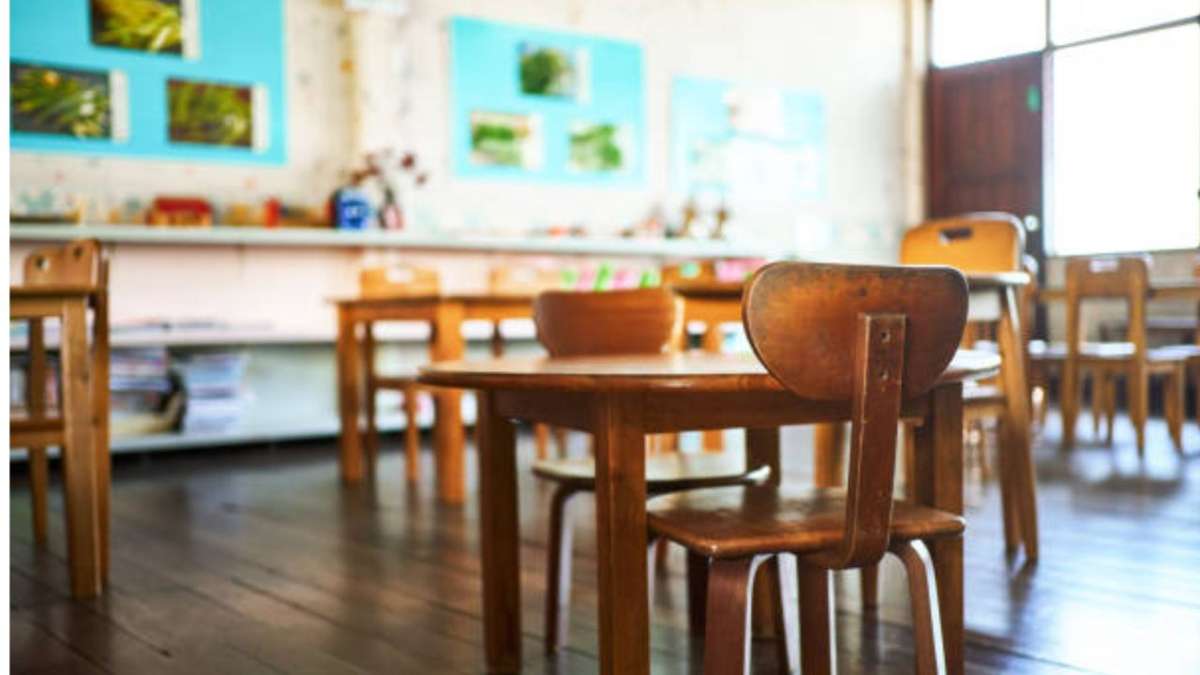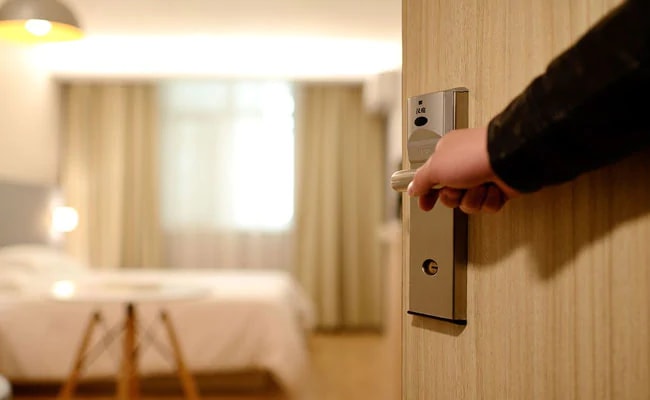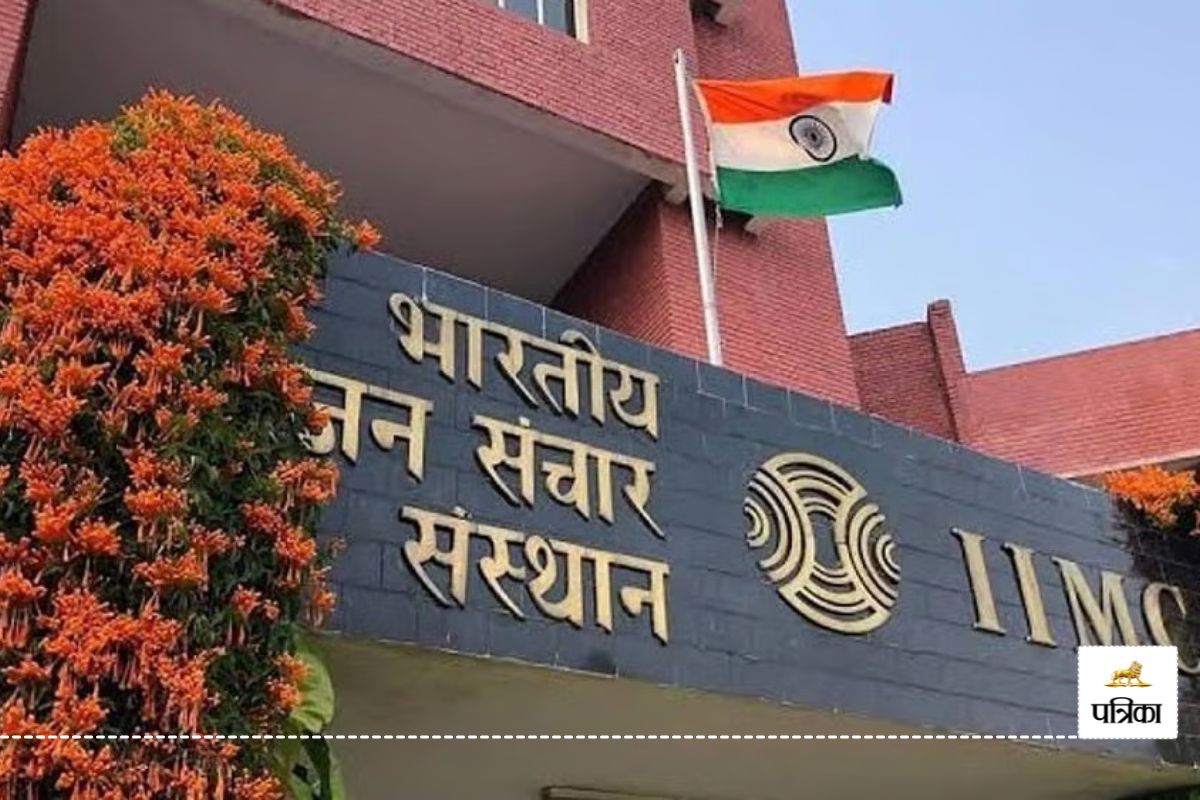I Left My Job in Food Media to Bake at an Alaskan Wilderness Lodge


Operating a full-time bakery in the backcountry of Denali National Park was an opportunity to step out of the confining rhythms of modern life
This time last year, I was living in New York City, working what I’d once considered to be my dream job as a food writer at a major publication. Each day I commuted 30 minutes underground to a big, shiny glass tower, sat at a desk, and wrote about pancakes. It was a pretty good existence, but after six months, the dream job started to feel like any other job. I liked New York enough, but I found myself complaining constantly about the lack of trees; I fantasized about the months I’d spent working at a remote bakery in the jungles of Maui, a job I left to come to the East Coast. Still, I counted myself lucky to be making it work in the city, to have the security and stability that — making comparatively meager wages as a baker — I’d so desperately craved.
Then, a few weeks shy of my one-year work anniversary, I discovered that I was on a list of employees the publisher planned to lay off. I took it as a sign to finally listen to the voice inside me that had increasingly demanded I get out of the city. My friend Max, a skilled cook who worked seasonal stints in kitchens from Germany to Antarctica, referred me to Camp Denali, a family-owned, off-grid wilderness lodge in Denali National Park, Alaska, where I was hired as a baker for the summer. I bought a pair of hiking pants, packed a summer’s worth of underwear into a duffel, and hightailed it to Alaska.
/cdn.vox-cdn.com/uploads/chorus_asset/file/25993981/IMG_7956.jpg) Zoe Denenberg
Zoe Denenberg
I was no stranger to transient, seasonal work from my days in Hawai‘i, but I didn’t quite comprehend the magnitude of the adventure I’d undertaken until I was flying into a remote corner of the park on a tiny Cessna. The plane was the only way in or out for staff, guests, and supplies for the lodge. In 2021, a landslide rendered a section of the road through the national park impassable — to cars at least; it was still plenty popular with bears, moose, and ground squirrels. I spent the next three and a half months living, working, and baking in the shadow of North America’s highest peak, one of just a few dozen humans on six million acres of unoccupied land.
In the kitchen we prepared as much as possible from scratch, often using ingredients grown in our greenhouse or the surrounding tundra. Alaska’s long daylight hours made for a short, but prolific growing season; the midnight sun was ideal for cold-weather perennials like rhubarb, which I baked into galettes topped with fresh whipped cream and marigold petals. Come August, wild blueberries dotted the tundra as far as the eye could see; I stewed them into jam for our signature PB&Js and baked them into fresh blueberry scones along with sugar infused with lavender we grew and dried ourselves.
The long summer days, which offer up to 14 hours of daylight, enabled me to spend my post-work hours outside — swimming at the creek, canoeing across the lake, and hiking in the backcountry. I’d never been backcountry hiking and soon learned that there were no trails to follow; you just walked, with no particular goal other than to experience the landscape around you. In New York City, I walked with my head down, attempting to block out the endless deluge of noise. Here I watched in awe as my coworkers — many of whom were skilled naturalists — stopped in their tracks, transfixed by the call of a bird. I was more preoccupied with the plants, specifically the ones I could eat. With my colleagues’ help, I learned to identify the food growing on the tundra all around us: the flowering fireweed that tasted like honey, the tart red currants I’d pop like candy, the Labrador tea we brewed to soothe sore throats.
/cdn.vox-cdn.com/uploads/chorus_asset/file/25993989/IMG_8367.jpg) Zoe Denenberg
Zoe Denenberg
In New York, it was easy to fall out of touch with the machinations that kept the city running. But in Alaska, operating a full-time bakery at an off-grid wilderness lodge, there was no choice but to notice the fragility of our existence. I became acutely aware of every resource essential to our operation: the propane fueling our ovens, the solar power keeping the lights on, the herbs and flowers we used in the evening’s desserts. Any ingredients we couldn’t grow ourselves had to be flown in and any food waste we couldn’t convert to compost had to fly out.
Come September, the lodge prepared to close for the cold, dark winter months, and I began to plot my next destination. Intent to enjoy my newly transient lifestyle, I returned to Maui for the winter, working as the pastry chef at a small cafe and learning to surf. Living in a more populated area, I fell back into the conveniences I once took for granted. I had air conditioning and cell phone service; I could drive to the grocery store down the block to buy ingredients. But yet again, presented with all the luxuries of modern life, I found myself missing a remote corner of the world where there was no central heating, where building fires in a wood stove was an evening ritual.
Soon I’ll be returning to Denali for another summer, this time in a new role as the lodge’s executive chef. As I cemented my travel plans, I checked in on my former coworkers at the food magazine. They had just weathered yet another round of layoffs. I joked to them that running off to Alaska solved all my problems. Maybe everyone should consider it.
Of course, living in the Alaskan backcountry isn’t for everyone. But stepping out of the rhythms of modern life, even just for a few days, can be a great gift. This summer, I’ll watch the pink alpenglow cast over the mountains, feel the fuzzy moss beneath my feet, and taste a truly tart wild blueberry, so unlike those you’ll find at any grocery store. You don’t have to go to Alaska to slow down and really observe the world around you, but what a beautiful place to behold.
Zoe Denenberg is a traveling cook, baker, and food writer. She is the executive chef at Camp Denali, a remote wilderness lodge in Denali National Park, Alaska.
/cdn.vox-cdn.com/uploads/chorus_asset/file/25988816/001__CLEVENGER_240826__3_.jpg) Vern Clevenger Photography
Vern Clevenger Photography















































